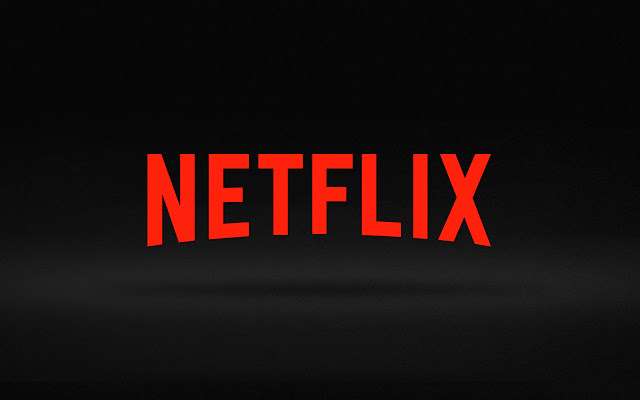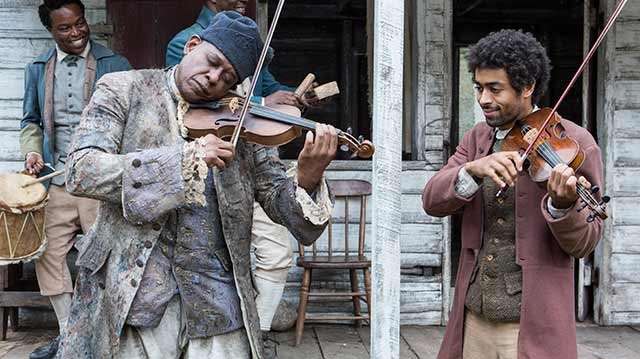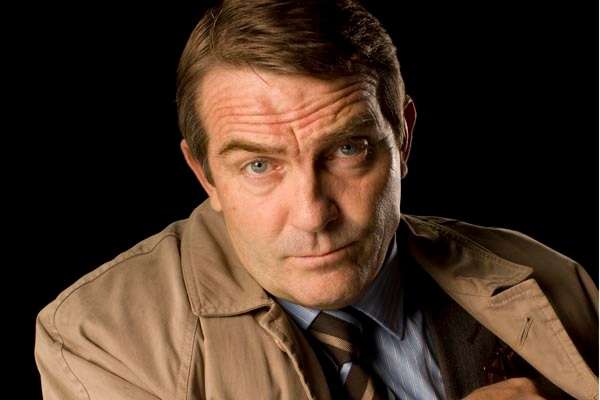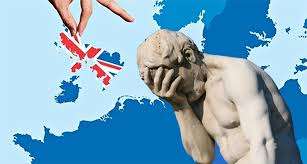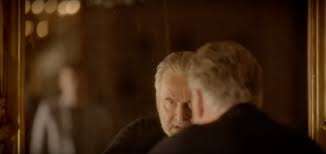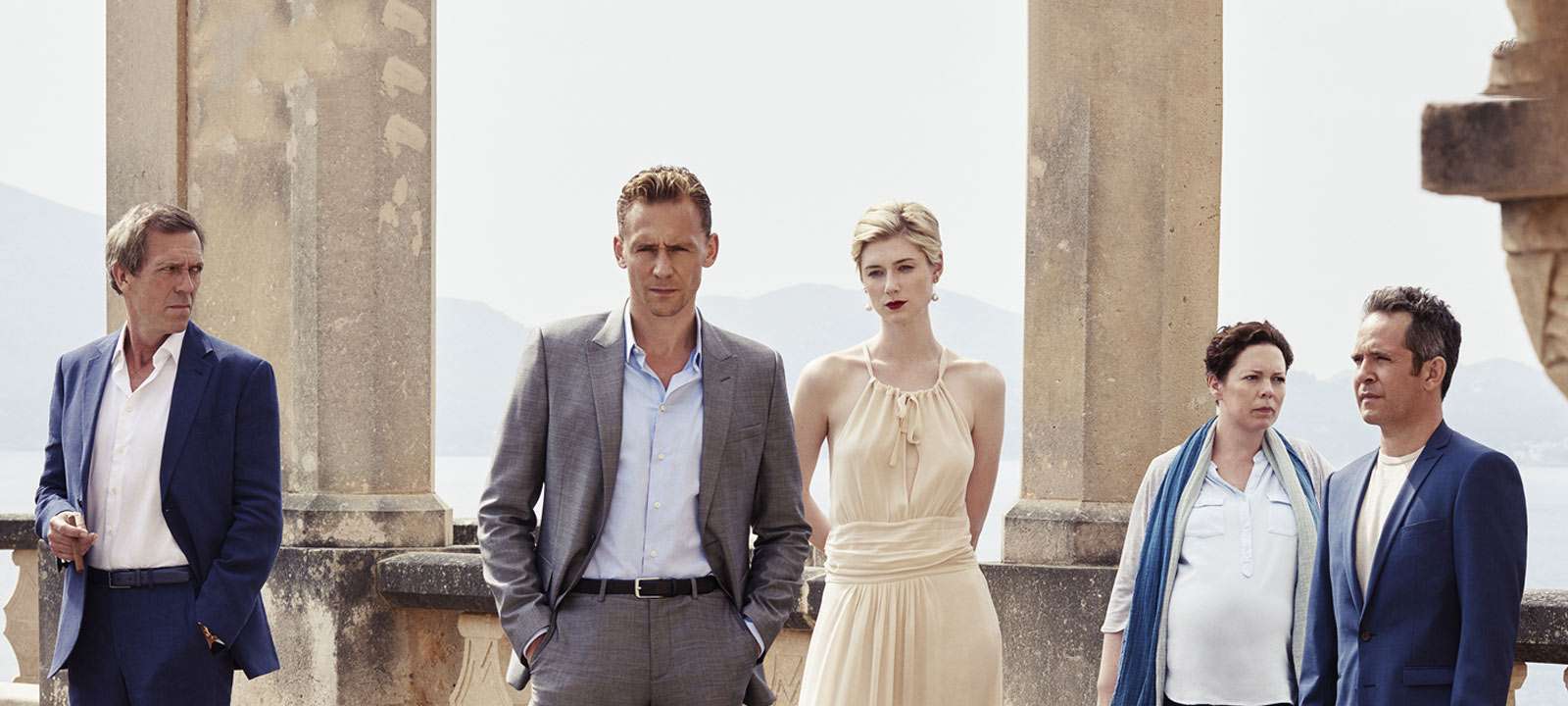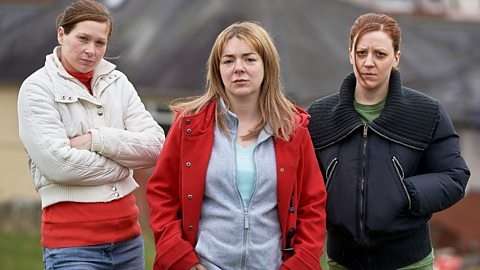
It is the end of May, and we are coming to the end, I assume, of the high-budget, ‘quality’, event-TV dramas that follow the blockbuster repeat series of the winter months. In Britain, this meant that we got to see a lot of dramas that were usually based on real crime cases.

